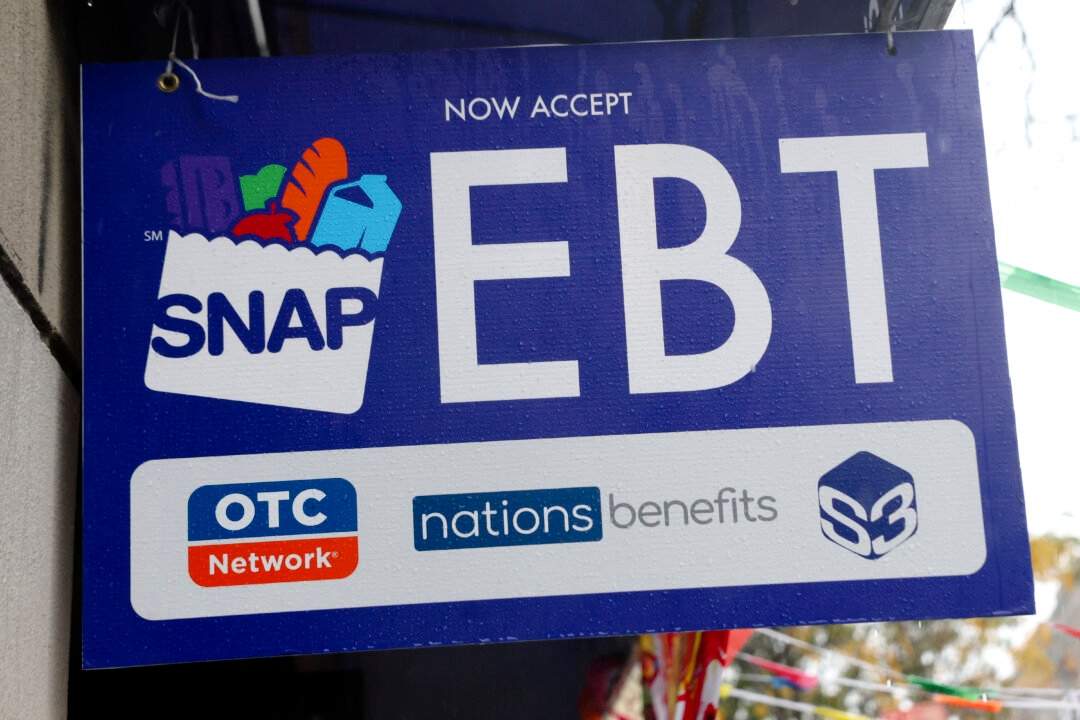States Adjust SNAP Rules Following New Federal Law
Several states are updating their Supplemental Nutrition Assistance Program (SNAP) policies to comply with a new federal law that tightens eligibility and strengthens work requirements.

West Virginia announced on Nov. 3 that roughly 36,000 recipients will be affected. Massachusetts confirmed that while changes took effect Nov. 1, impacts will be phased in during each participant’s annual recertification.
Georgia also confirmed the updates, with the Department of Human Services (DHS) advising recipients to monitor notices in their Georgia Gateway accounts for instructions and deadlines.
Key Provisions of the One Big Beautiful Bill Act
Signed into law by President Donald Trump in July, the act includes several major updates:
Expanded work requirements: Non-disabled adults without dependents aged 55–64 must now meet the 80-hour-per-month work requirement, and parents with children 14 or older are also included.
Updated exemptions: Some previous exceptions—for homeless individuals, veterans, and former foster youth under 24—ended Nov. 1, 2025. Continuing exemptions include pregnancy and disability, with new coverage for Native Americans.
Time limits: Recipients subject to the stricter work rules can receive SNAP for only three months within a three-year period unless they meet work requirements or report an approved exemption.
Less stringent work rules remain for most recipients, such as accepting a suitable job or working at least 30 hours per week. Noncompliance can result in temporary or, for repeated violations, permanent loss of benefits. Exceptions include caring for children under five or participating in drug or alcohol treatment programs.
Changes to Immigrant Eligibility
The USDA clarified that certain immigrants, including refugees and parolees from countries like Afghanistan and Ukraine, are now ineligible for SNAP. New applicants must meet these criteria immediately, while current recipients will be reviewed at recertification. The Congressional Budget Office (CBO) estimates around 90,000 people per month will be affected.
Waivers and Legal Developments
Previously, states could request waivers from work requirements in areas with insufficient jobs. Under the new law, waivers are allowed only in regions with unemployment rates above 10 percent.
In October, the USDA encouraged states to end active waivers within 30 days. However, a federal court ruling by Judge John McConnell Jr. temporarily blocked early termination, requiring partial or full November benefits despite a government shutdown and protecting remaining waiver periods.
Projected Impact
The CBO projects that roughly two million people could stop receiving SNAP each month due to stricter work rules, out of about 42 million monthly recipients. Less severe work requirements remain in effect, but repeated noncompliance can result in temporary or permanent loss of benefits.
